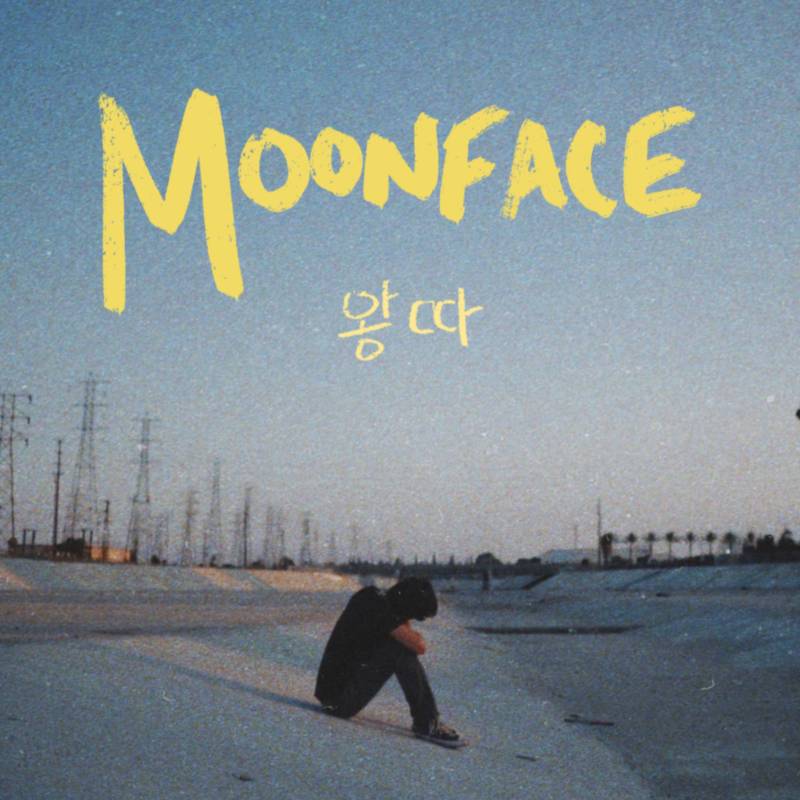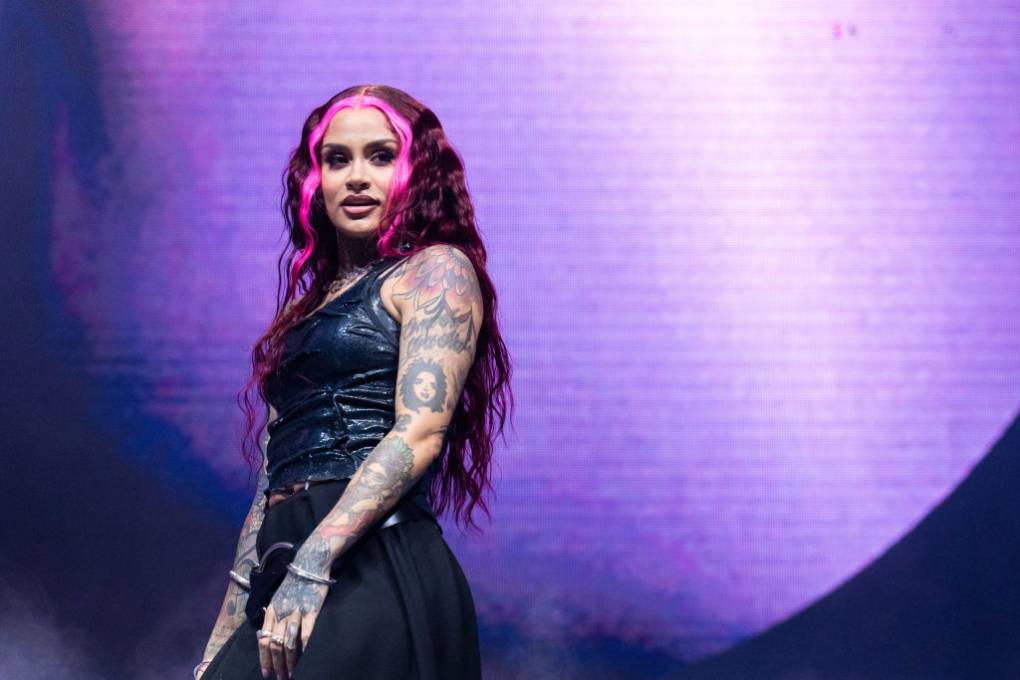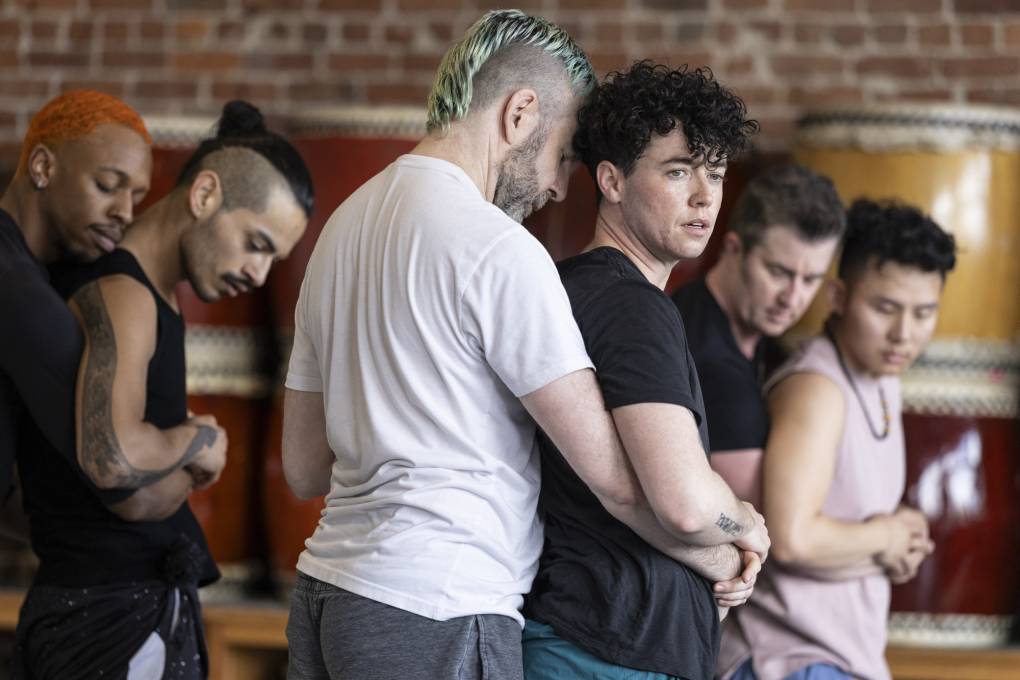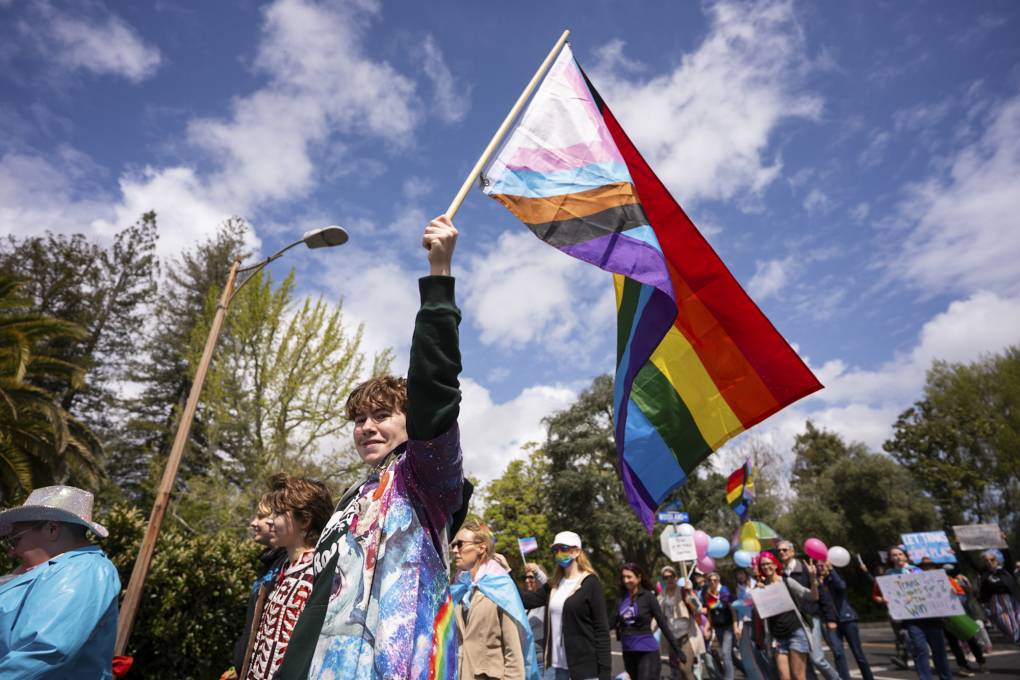James Kim was working in the podcast industry when, frustrated by the lack of stories geared towards queer people of color, he decided to create his own. The result is Moonface, a six-episode fictional podcast that tells an intimate story set in the suburban city of Downey, in Southeast Los Angeles County.
Like the podcast’s main character Paul, Kim was raised by Korean immigrants who wanted him to be American. In the podcast, Paul still lives with his mom, and hasn’t told her he’s gay. Kim also lived with his parents as an adult, and didn’t come out to them until he was in his early twenties.
The California Report Magazine’s host Sasha Khokha spoke with Kim shortly before the release of Moonface.
This conversation has been edited for length and clarity.
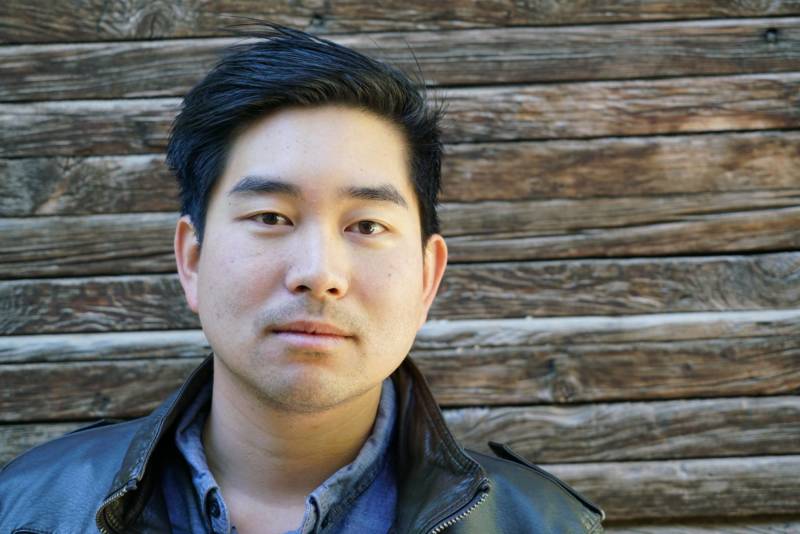
On Creating an Autobiographical Fiction Podcast
Four or five years ago, there were not a lot of fiction podcasts out there geared towards queer people of color that told really small intimate stories. I wanted to tell those kinds of stories. I was working as a entertainment producer at the time and all these ideas are out there, but no one’s making them.
Here’s this medium where you have free rein, there’s no gatekeepers, and anyone can step into the space. So me trying to step into the space, having never written any sort of fiction at all, I knew I had to start with something that I knew deeply and personally. So I ended up writing something that was very closely related to my own personal experiences.
On Communicating with his Korean-speaking Mother
I was told by my parents that before I entered kindergarten I was able to speak Korean fluently. I talked to my parents about it and they didn’t want to take me to any sort of Korean language schools because they really wanted me to assimilate.
They came from Korea and immigrated here, and sacrificed a lot for me to have a better life. I guess in the process I started to reject Korean and so now with my parents, my mom doesn’t speak English well, and I don’t speak Korean well.
It’s getting much better, but there is that struggle of trying to have basic conversations and we’re just not able to communicate.
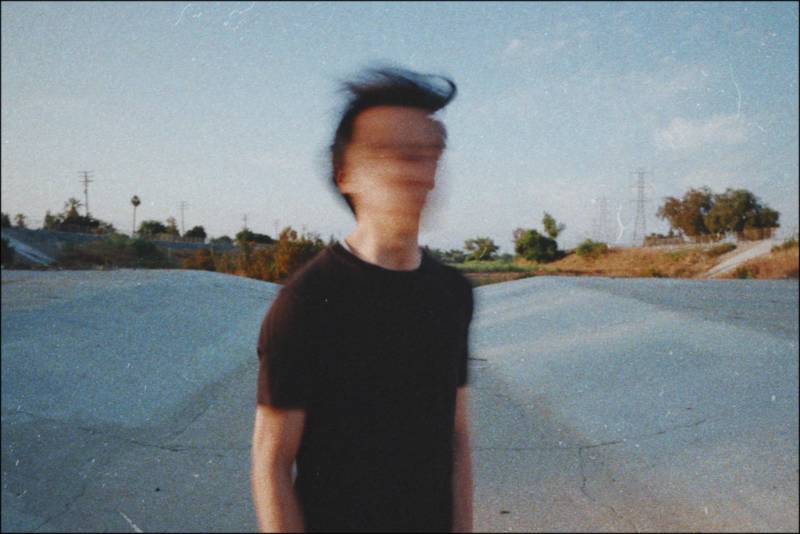
On Telling His Parents He is Gay
When I was moving to Texas and I was in my early to mid 20’s, I kind of had this thought, “I’ve never had this conversation before. I don’t know how they’re going to handle this.”
We don’t talk about anything personal, we just don’t. So I didn’t know how they were gonna react and it was like 11 at night, and my mom’s in the kitchen and she’s helping me pack to leave for Texas. I just told her, “Mom, I’m gay.” And she’s just like, “Yeah, okay, okay, you know that’s your choice, your life.”
And she just kind of left it at that. It’s a weird relationship where, my mom is very open and very accepting of it and, and my dad is still processing the whole situation.
On Living with his Parents as an Adult
It’s kind of a situation that a lot of folks in their 20s find themselves in these days. I just wanted to make something where characters in the show aren’t ashamed of living at home. It’s a situation where it’s not just financial.
With immigrant families, you’re almost expected to live at home because they want you to help out. When your parents are getting older, they want someone to be there to take care of them. Even though I’ve moved out to my own house I’m going back to Downey every single weekend because I’m trying to take care of my parents and help them out.
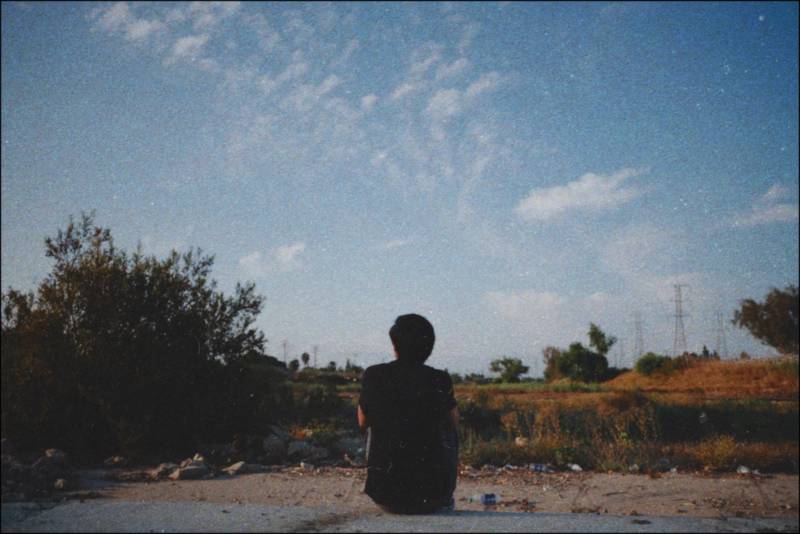
On Downey, his Hometown
I wanted to make Downey a central character because
when you grow up there you very much hate it. It’s 20 miles outside of everything amazing in Los Angeles. It’s 20 miles away from Hollywood. It’s 20 miles away from the beach. It’s 20 miles away from Disneyland, but in Downey there is nothing.
